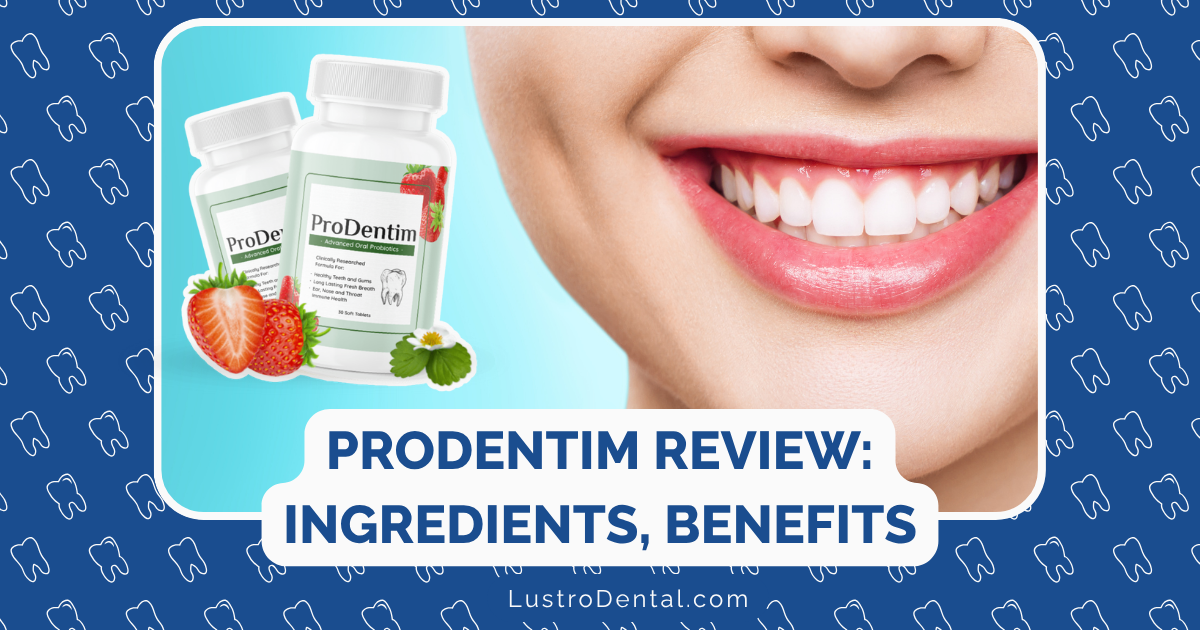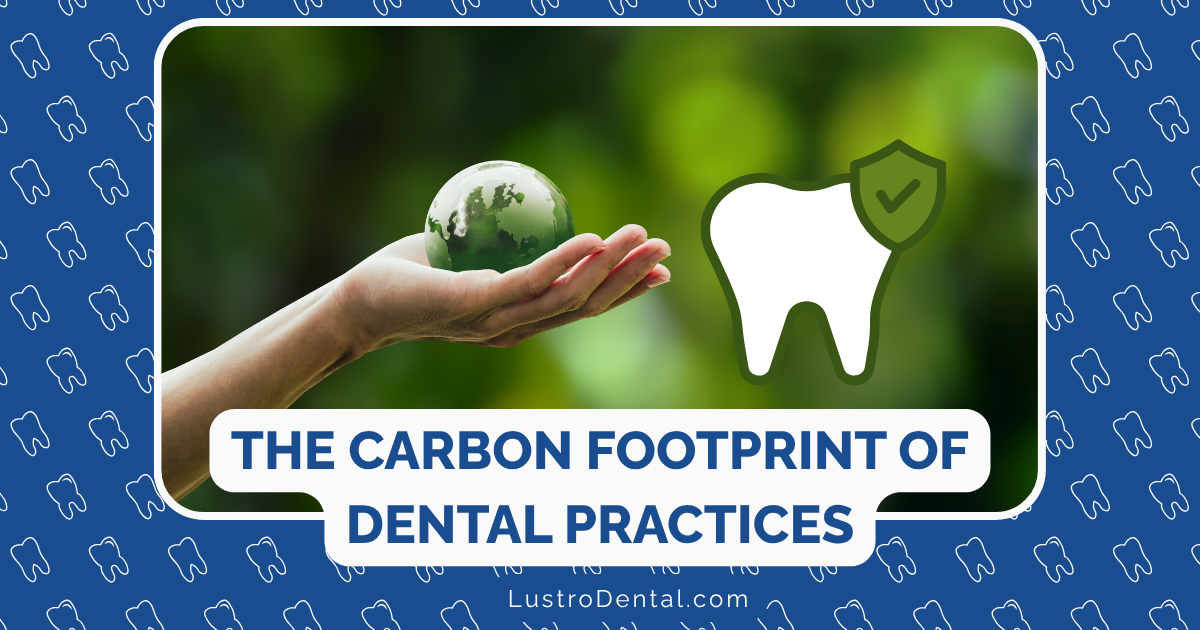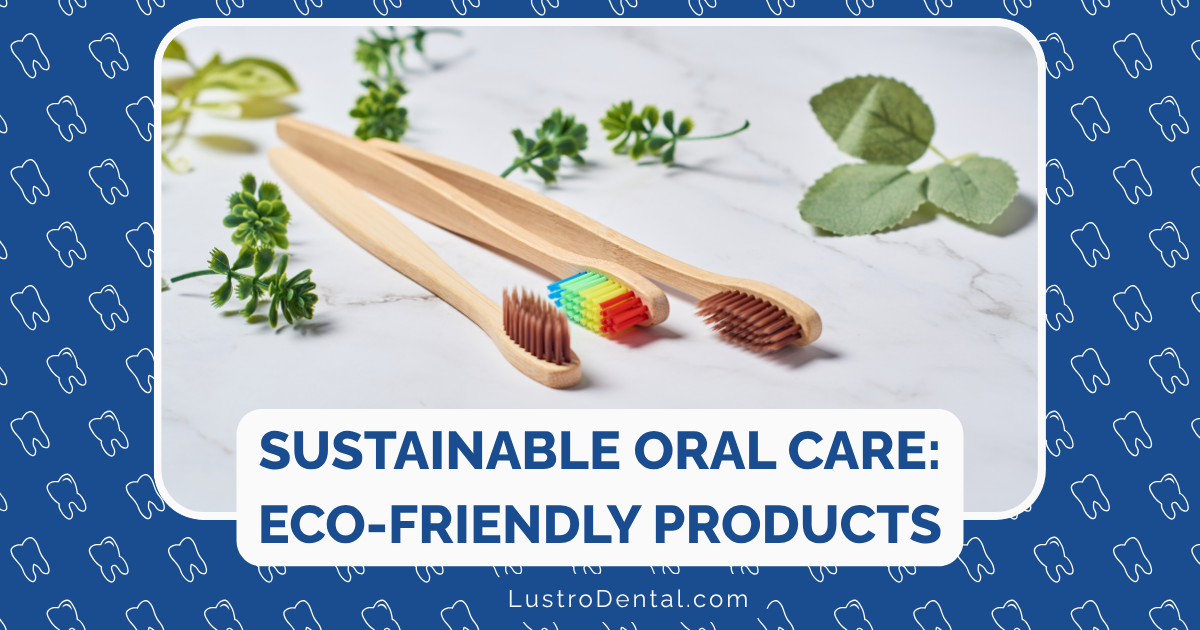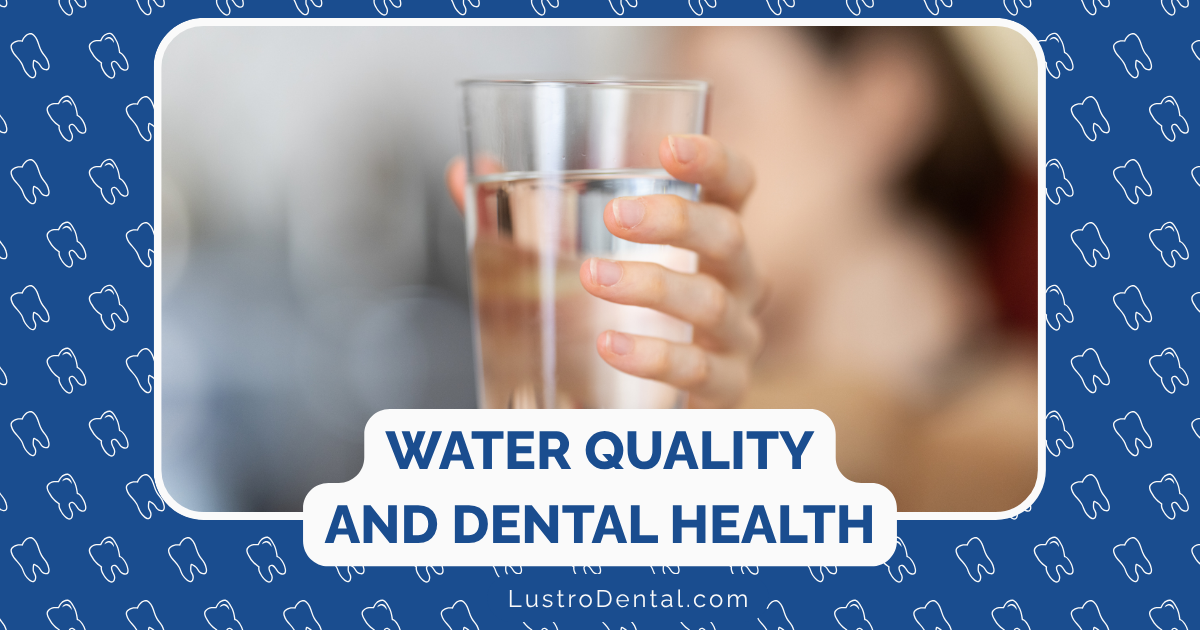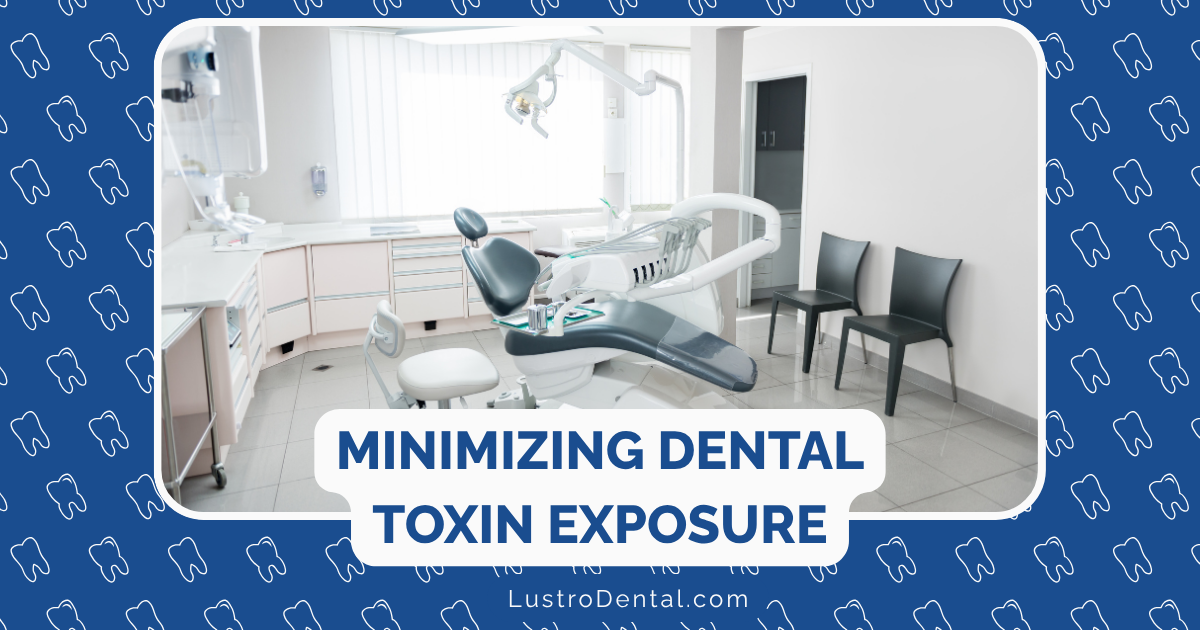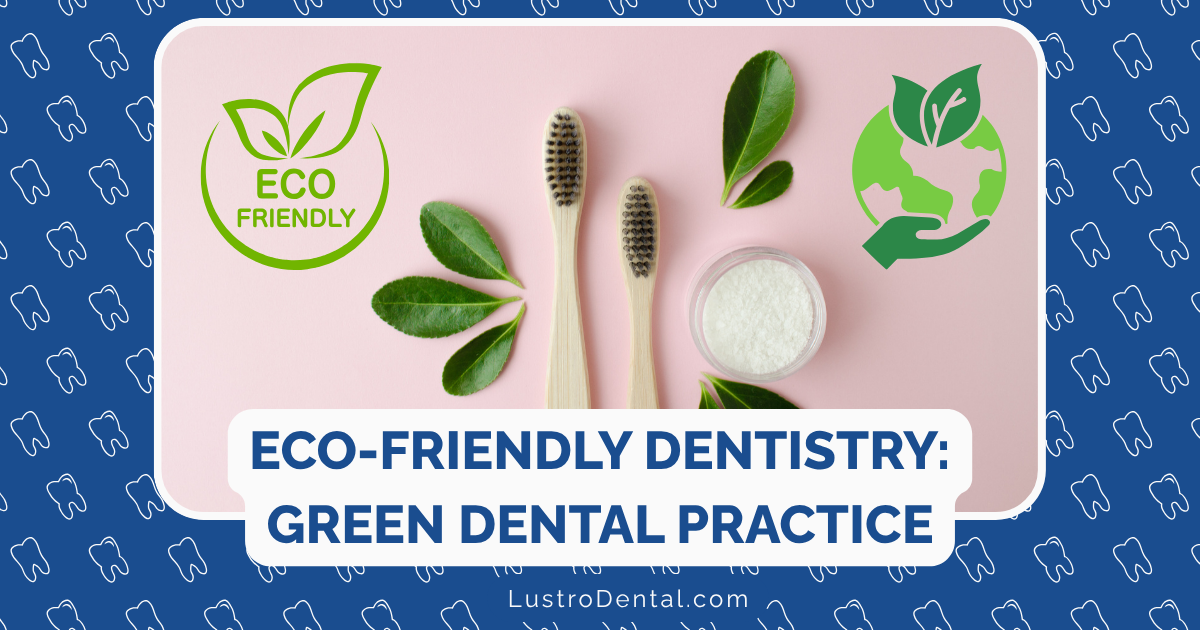Natural Antibacterial Mouth Rinses You Can Make at Home
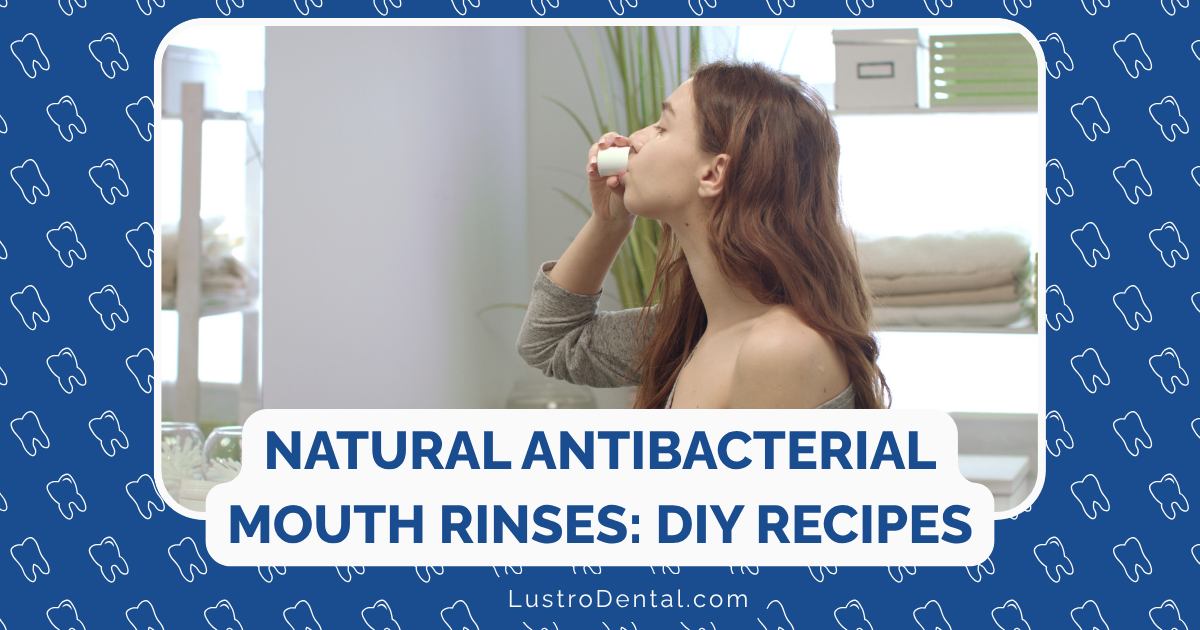
Have you ever looked at the ingredient list on your commercial mouthwash? Between the alcohol, artificial colors, and chemical preservatives, you might wonder if there’s a more natural approach to keeping your mouth fresh and healthy. The good news is that there are effective antibacterial mouth rinses you can make right in your own kitchen using simple, natural ingredients.
As a dental health advocate, I’m excited to share science-backed recipes that can complement your oral hygiene routine. These natural alternatives not only help reduce bacteria but also avoid the harsh chemicals that can disrupt your oral microbiome or cause irritation for those with sensitive mouths.
Why Consider Natural Mouth Rinses?
Before diving into recipes, let’s understand why you might want to try making your own mouth rinse:
Benefits of Homemade Mouthwash
- Avoid harsh chemicals: Commercial mouthwashes often contain alcohol, artificial colors, and preservatives that can cause dryness, irritation, or staining.
- Cost-effective: Most ingredients for homemade mouthwashes are inexpensive and readily available in your pantry or local grocery store.
- Environmentally friendly: Making your own mouthwash reduces plastic waste from disposable bottles.
- Customizable: You can adjust ingredients based on your specific oral health needs and taste preferences.
- Gentler on oral microbiome: Natural options can target harmful bacteria while being gentler on beneficial bacteria in your mouth.
“Commercial mouthwashes can be effective, but they sometimes use a sledgehammer approach—killing all bacteria, both good and bad,” explains Dr. Sarah Johnson, a holistic dentist. “Natural alternatives can help maintain a healthier balance in your oral microbiome.”
Science-Backed Ingredients for Natural Antibacterial Mouth Rinses
The key to an effective natural mouth rinse is using ingredients with proven antibacterial properties. Here are some research-backed options:
Salt (Sodium Chloride)
How it works: Salt creates an alkaline environment that inhibits bacterial growth and reduces inflammation.
Research evidence: Studies show saltwater rinses can reduce bacteria and promote healing after dental procedures. A review in the Journal of Indian Society of Periodontology confirmed salt’s antibacterial properties and effectiveness in reducing gum inflammation.
Baking Soda (Sodium Bicarbonate)
How it works: Baking soda neutralizes acids, reduces plaque, and has mild antibacterial properties.
Research evidence: Research published in the Journal of Clinical Dentistry found that baking soda can reduce plaque and gingivitis. It also helps neutralize acidic environments where cavity-causing bacteria thrive.
Essential Oils
How it works: Many essential oils contain compounds with antimicrobial properties that can inhibit bacterial growth.
Research evidence: A 2025 systematic review published in Frontiers in Dental Medicine found that plant extracts containing essential oils demonstrated significant antibacterial effects against oral pathogens, including Streptococcus mutans (which causes cavities) and Candida albicans.
Particularly effective essential oils include:
- Tea Tree Oil: Contains terpinen-4-ol, which has powerful antimicrobial properties.
- Peppermint Oil: Contains menthol, which has antibacterial and breath-freshening properties.
- Clove Oil: Contains eugenol, which has both antibacterial properties and analgesic effects.
Herbal Extracts
How it works: Various herbs contain compounds that can inhibit bacterial growth and reduce inflammation.
Research evidence: A 2025 study in PMC found that polyherbal rinses and extracts such as green tea (Camellia sinensis), pomegranate (Punica granatum), ginger (Zingiber officinale), and rosemary (Rosmarinus officinalis) reduced inflammation and improved gingival health, with efficacy comparable to conventional agents like chlorhexidine.
Xylitol
How it works: This natural sweetener inhibits the growth of Streptococcus mutans by preventing bacterial adhesion.
Research evidence: Multiple studies have shown that xylitol reduces the levels of cavity-causing bacteria in saliva and plaque, making it a valuable ingredient in natural oral care products.
7 Effective Homemade Antibacterial Mouth Rinse Recipes
Now that we understand the science behind these ingredients, let’s explore some easy-to-make recipes:
1. Basic Saltwater Rinse
Ingredients:
- 1 cup warm water (not hot)
- 1 teaspoon sea salt or Himalayan salt
Instructions:
- Dissolve the salt completely in warm water.
- Allow to cool to a comfortable temperature.
- Swish vigorously for 30 seconds, then spit out.
Best for: Reducing bacteria after minor oral surgeries, relieving mild gum inflammation, or as a daily rinse for general oral health.
Storage: Make fresh daily.
2. Baking Soda and Essential Oil Rinse
Ingredients:
- 1 cup distilled water
- 1 teaspoon baking soda
- 2-3 drops peppermint essential oil
- 1 drop tea tree essential oil (optional)
Instructions:
- Mix baking soda into the water until fully dissolved.
- Add essential oils and stir well.
- Shake before each use and swish for 30-60 seconds.
Best for: Neutralizing acids, freshening breath, and general antibacterial action.
Storage: Store in a glass container for up to one week in the refrigerator. Shake well before each use.
3. Herbal Antibacterial Rinse
Ingredients:
- 2 cups water
- 1 tablespoon dried sage, thyme, or rosemary (or a combination)
- 1 teaspoon whole cloves
- 1/2 teaspoon cinnamon (optional)
Instructions:
- Bring water to a boil in a small saucepan.
- Add herbs and spices, then reduce heat.
- Simmer for 15 minutes with the lid on.
- Strain and allow to cool completely.
- Swish for 30-60 seconds, then spit out.
Best for: Strong antibacterial action and breath freshening.
Storage: Refrigerate in a sealed glass container for up to one week.
4. Green Tea and Xylitol Rinse
Ingredients:
- 1 cup freshly brewed green tea (cooled)
- 1 teaspoon xylitol
- 1/2 teaspoon baking soda
Instructions:
- Brew green tea and allow to cool completely.
- Dissolve xylitol and baking soda in the tea.
- Swish for 30-60 seconds, then spit out.
Best for: Cavity prevention and reducing plaque formation.
Storage: Refrigerate for up to 3 days.
5. Aloe Vera Antibacterial Rinse
Ingredients:
- 1/4 cup pure aloe vera gel (ensure it’s food grade)
- 1/4 cup distilled water
- 1 teaspoon baking soda
- 2 drops peppermint essential oil
- 1 teaspoon vegetable glycerin (optional, helps with texture)
Instructions:
- Blend aloe vera gel and water until smooth.
- Add remaining ingredients and mix well.
- Swish for 30 seconds, then spit out.
Best for: Soothing irritated gums while providing antibacterial benefits.
Storage: Refrigerate in a sealed container for up to one week. Shake well before using.
6. Pomegranate Rinse
Ingredients:
- 1 cup water
- 2 tablespoons pomegranate peel powder (or 1/4 cup fresh pomegranate peel)
- 1 teaspoon xylitol (optional)
Instructions:
- If using fresh peel, simmer in water for 15 minutes, then strain. If using powder, mix with water.
- Add xylitol if desired and stir until dissolved.
- Allow to cool completely before using.
- Swish for 30 seconds, then spit out.
Best for: Fighting bacteria and reducing inflammation in gum tissue.
Storage: Refrigerate for up to 5 days.
7. Neem and Clove Antibacterial Powerhouse
Ingredients:
- 1 cup warm distilled water
- 1 tablespoon dried neem leaves (or 5 drops neem oil)
- 3-4 whole cloves
- 1/2 teaspoon salt
- 1 drop clove essential oil (optional, use cautiously)
Instructions:
- If using dried neem leaves and cloves, steep in hot water for 15-20 minutes, then strain and cool.
- If using neem oil, add to warm water along with other ingredients.
- Add salt and stir until dissolved.
- Add clove essential oil if using.
- Swish for 30 seconds, then spit out.
Best for: Strong antibacterial action against multiple oral pathogens.
Storage: Refrigerate for up to one week. The taste is strong, but the antibacterial benefits are significant.
How to Use Homemade Mouth Rinses Effectively
To get the most benefit from your natural mouth rinses:
Timing
- Use after brushing and flossing for maximum effectiveness.
- For therapeutic effects, rinse for at least 30 seconds, ideally 60 seconds.
- Some rinses (like saltwater) can be used multiple times daily, while stronger formulations (with essential oils) should be limited to once or twice daily.
Technique
- Take a small amount (about 1-2 tablespoons) in your mouth.
- Swish vigorously, ensuring the liquid reaches all areas of your mouth.
- Gargle briefly if you want to reach the back of your throat.
- Spit out completely—do not swallow, especially rinses containing essential oils.
Storage
- Store most homemade rinses in the refrigerator to extend shelf life.
- Use glass containers rather than plastic when possible, especially for formulations with essential oils.
- Label with ingredients and date made.
- Discard if you notice any change in color, odor, or if it becomes cloudy.
Important Considerations and Precautions
While natural mouth rinses can be effective and beneficial, there are some important considerations:
Not a Replacement for Brushing and Flossing
“Homemade mouth rinses are complementary to, not replacements for, proper brushing and flossing,” emphasizes Dr. Michael Chen, a periodontist. “They can enhance your oral hygiene routine but shouldn’t be your only line of defense against bacteria.”
Essential Oil Safety
- Essential oils are potent and should be used in very small amounts (1-3 drops per cup of liquid).
- Always dilute essential oils properly; never use them directly in your mouth.
- Some people may be sensitive or allergic to certain essential oils.
- Pregnant women, children, and those with certain medical conditions should consult a healthcare provider before using essential oil-based rinses.
When to Stick with Commercial Products
In some situations, dentist-recommended commercial products may be more appropriate:
- Active periodontal disease requiring prescription-strength treatment
- Following certain dental surgeries where specific antimicrobial action is needed
- When recommended by your dentist for specific conditions
When to See a Dentist
Natural mouth rinses can help maintain oral health, but they aren’t a cure-all. See your dentist if you experience:
- Persistent bad breath despite good oral hygiene
- Bleeding, swollen, or painful gums
- Loose teeth or receding gums
- Any unusual changes in your mouth
The Bottom Line: Integrating Natural Rinses Into Your Oral Care Routine
Natural antibacterial mouth rinses offer a gentler, customizable approach to oral care that can complement your regular brushing and flossing routine. With ingredients backed by scientific research, these homemade solutions can help maintain oral health while avoiding harsh chemicals found in some commercial products.
“What I appreciate about natural mouth rinses is that they empower patients to take an active role in their oral health using simple, accessible ingredients,” says Dr. Lisa Williams, who integrates holistic approaches into her dental practice. “When used correctly, they can be a valuable addition to a comprehensive oral hygiene routine.”
By understanding the properties of different natural ingredients and following proper preparation and storage guidelines, you can create effective antibacterial mouth rinses tailored to your specific needs. Whether you’re looking to reduce bacteria, soothe irritated gums, or simply freshen your breath naturally, there’s a homemade solution worth trying.
Remember that the best approach to oral health combines good brushing and flossing habits, a balanced diet, regular dental check-ups, and appropriate supplementary care—which can certainly include these natural antibacterial mouth rinses.
Have you tried making your own mouthwash? What ingredients have worked best for you? Share your experiences in the comments below.


